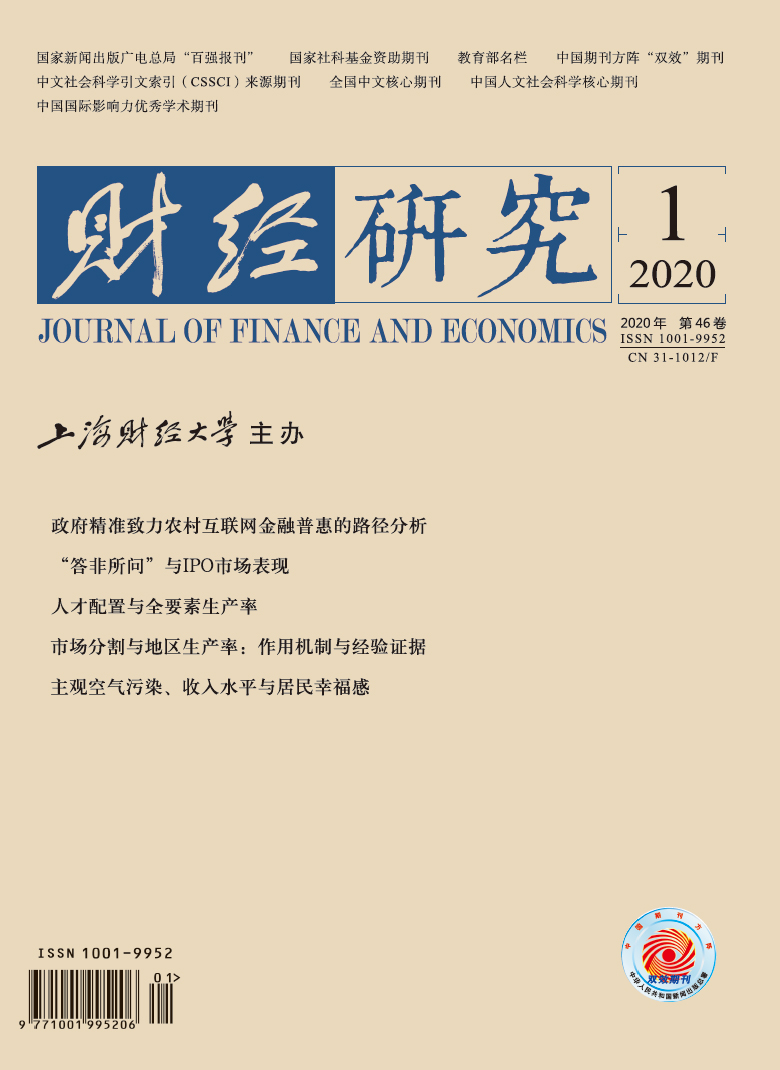Unlike foreign developed stock markets, investors in China’s stock market are dominated by small investors, while small investors are unable to participate in the offline roadshow held by IPO companies. Therefore, the online roadshow is the main way through which IPO companies promote themselves to small investors. The most important part of the online roadshow is the questions and answers session. Investors obtain information that they are interested in through questions, and managers convey useful information to investors through answers. However, when investors’ questions make it difficult for managers to answer, or if managers directly answer the questions, they will convey some negative information about the company, managers may choose to refuse to answer the questions, but this will be understood by investors as a possible dilemma for the company. Therefore, managers will adopt a response strategy that is giving irrelevant answers and responding in a more euphemistic manner. Then, during the IPO online roadshow, can investors detect managers giving irrelevant answers, does this affect investors’ valuation of the company, and is it rational for investors to judge the company’s value through managers’ irrelevant answer? These issues are all concerns of this paper.
We attempt to answer these questions through textual analysis and empirical study. Specifically, we collect the IPO online roadshow for 1434 companies listed on the SME and GEM over the period from 2004 to 2017, and use the textual analysis method to measure the degree of managers’ irrelevant answer during the IPO online roadshow. Then we examine the relationship between managers’ irrelevant answer, IPO underprice and IPO first day liquidity. Our results suggest that there is a significant negative relationship between managers’ irrelevant answer and IPO underprice after controlling other factors. Our findings also suggest that the higher the level of managers’ irrelevant answer, the lower the IPO first day liquidity. Through further analysis, it is also found that there is a significant negative relationship between managers’ irrelevant answer and the long-term performance of the company’s stock after the IPO.
Our study contributes to the literature in several important ways. First, we expand the data sources of financial text analysis. Second, this paper studies the phenomenon of managers giving irrelevant answers during the IPO online roadshow, and measures the degree of managers’ irrelevant answer, which enriches the research perspective of financial text analysis. Third, This paper attempts to analyze the content of interaction, focusing on the phenomenon of giving irrelevant answers in interactive communication, which expands the dimension of interaction effectiveness measurement. Fourth, this paper finds that during the IPO online roadshow, managers’ irrelevant answer is a negative signal for investors, and the market will react negatively, which provides a new research perspective for IPO pricing.





 9523
9523  16858
16858

